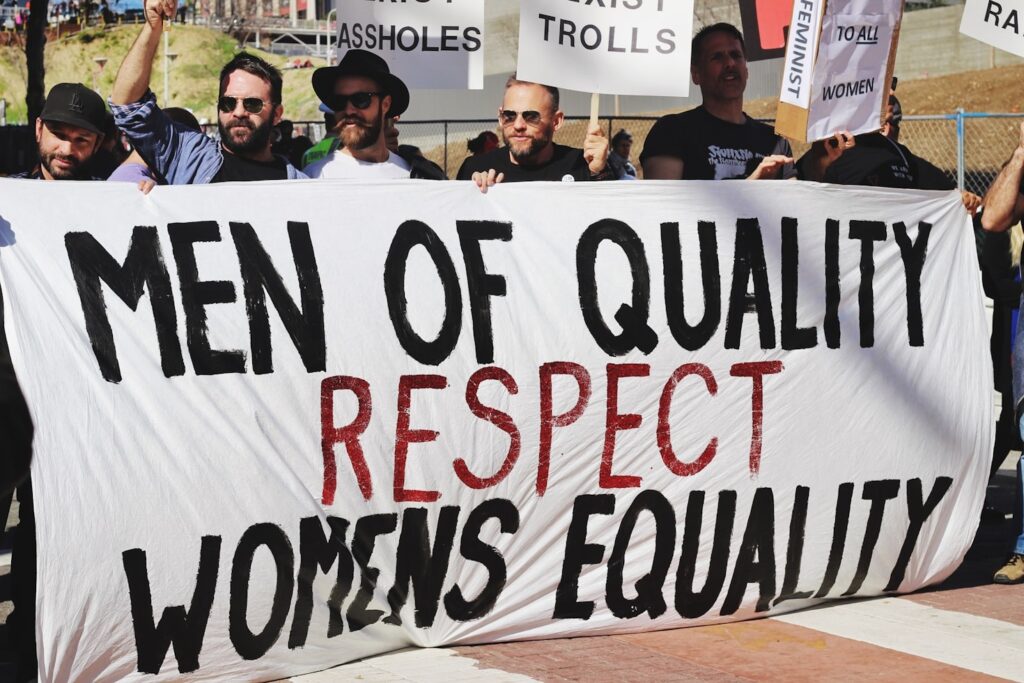Empowering Kenyan Women: A Call for Civic Engagement, Political Inclusion, and Economic Solidarity

The empowerment of Kenyan women is not just a feminist ideal; it is a societal necessity. Women make up half of the population and yet continue to face systemic barriers that hinder their full participation in civic, political, and economic life. If Kenya is to achieve equitable growth and sustainable development, we must dismantle these barriers and create pathways for women to thrive. Empowerment is not a favor—it is a right that demands action not only from women but also from men who must stand as allies in this journey.
At the heart of empowerment lies civic engagement. For too long, Kenyan women have been underrepresented in decision-making spaces. From grassroots activism to national governance, we must encourage and support women to step into leadership roles. This begins with education and awareness campaigns that teach women their rights, ensuring they understand the power of their voices in shaping policies and communities. Civic engagement also requires dismantling the patriarchal norms that discourage women from taking active roles in public life. By fostering environments where women feel safe, respected, and heard, we can amplify their contributions and ensure their perspectives are integral to civic dialogue.
Political participation is another critical frontier for empowerment. Despite constitutional provisions mandating gender representation, women remain woefully underrepresented in Kenyan politics. The two-thirds gender rule must be enforced, but beyond policy, we need to cultivate a culture where women’s leadership is normalized and celebrated. This requires mentorship programs for aspiring female politicians, funding to support their campaigns, and systemic changes to eliminate political violence and intimidation often targeted at women candidates. When women are in positions of power, they champion policies that prioritize education, healthcare, and economic equity—issues that benefit society as a whole.
Equally important is economic empowerment. Women in Kenya are disproportionately employed in informal sectors, often with limited access to credit, training, or market opportunities. Bridging this gap requires deliberate investment in women-led businesses and cooperatives. Financial literacy programs, affordable loans, and access to technology can equip women with the tools they need to succeed. Additionally, workplace policies that address pay equity, maternity leave, and childcare support are essential to creating an inclusive economy where women can thrive. When women are economically empowered, families prosper, and communities are uplifted.
However, true empowerment cannot be achieved without solidarity from men. Feminism is not a war against men; it is a call to dismantle the structures that oppress women—and these structures harm men too. Men must challenge toxic masculinity, advocate for gender equality, and share domestic responsibilities. From fathers encouraging their daughters to pursue ambitious goals to male leaders mentoring women in their fields, men have a pivotal role to play in creating a level playing field. Solidarity means recognizing that empowering women strengthens society as a whole.

Kenyan women are already agents of change, breaking barriers and challenging norms across all sectors. But their success should not be the exception—it must become the norm. Civic engagement, political participation, and economic empowerment are the pillars of a more inclusive nation, and achieving this vision requires collective action. As we champion feminist ideals, let us also commit to creating a society where every woman has the opportunity to rise, and where men stand shoulder to shoulder with them in solidarity. The future of Kenya depends on it.



Leave a Reply